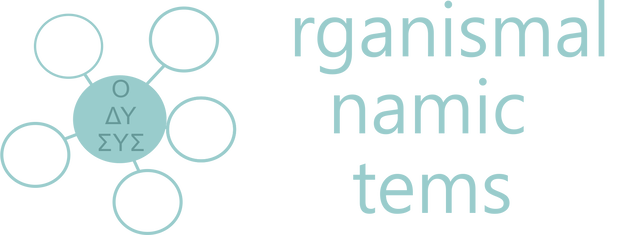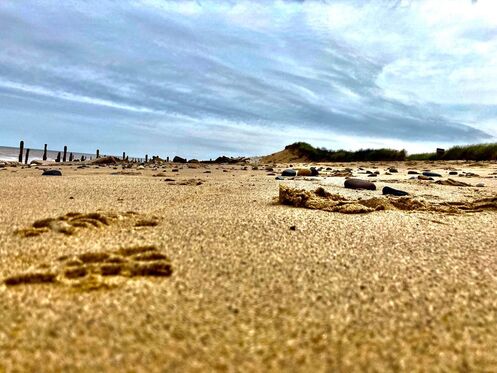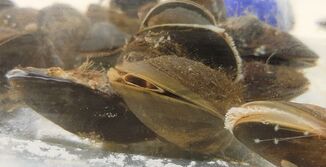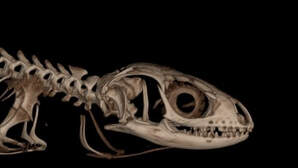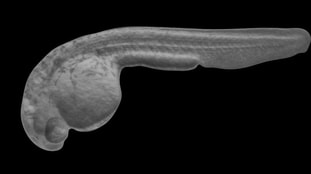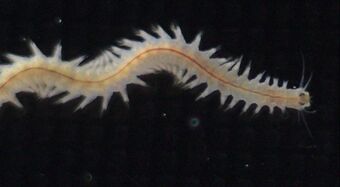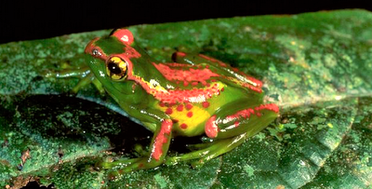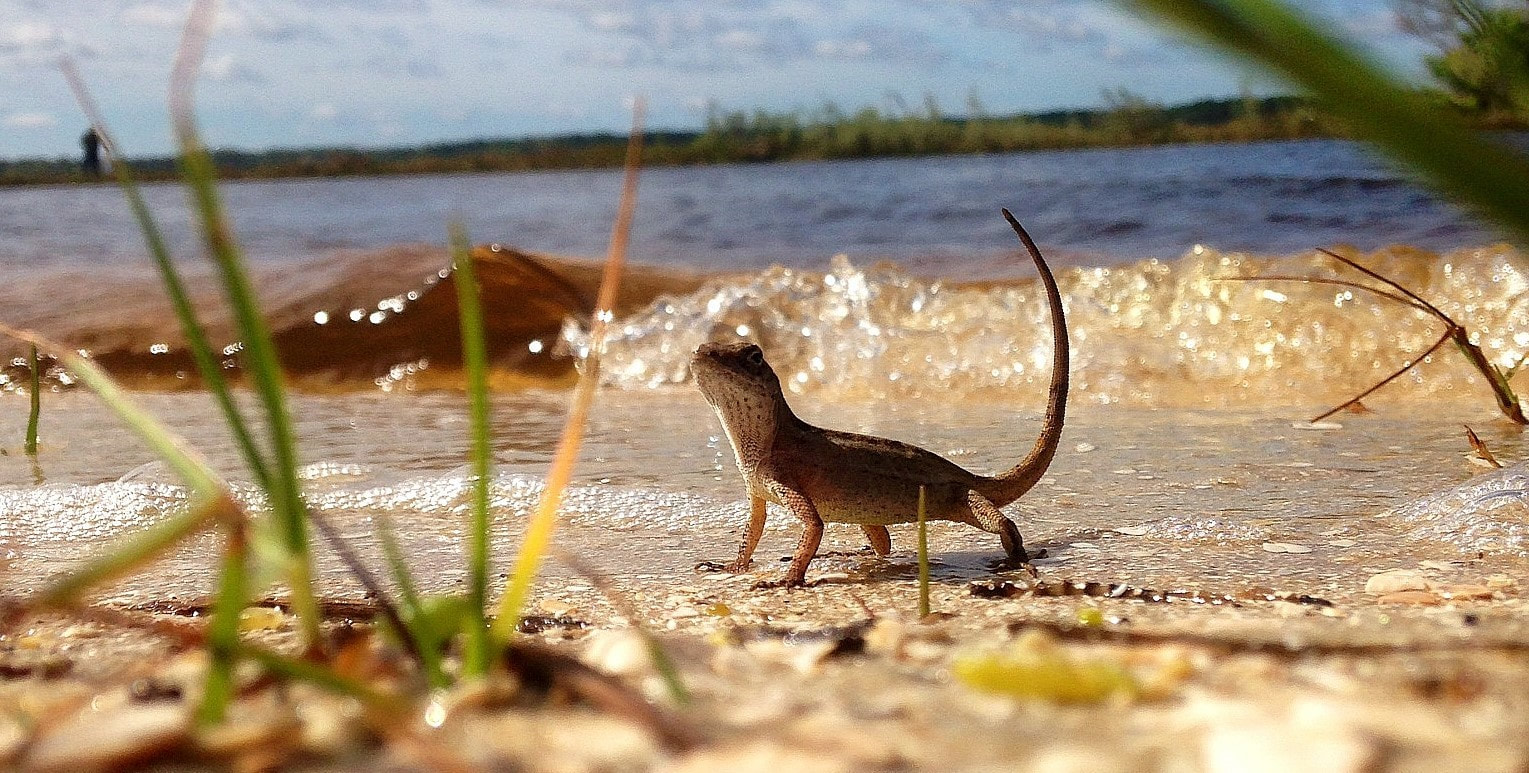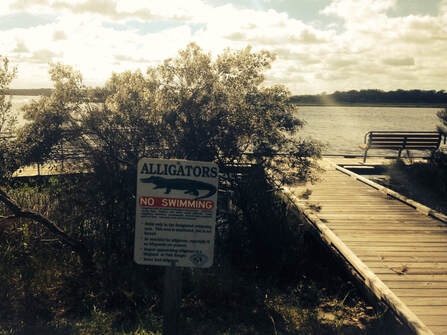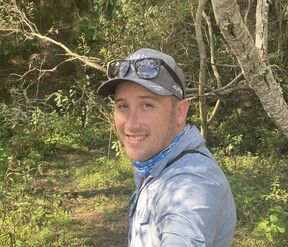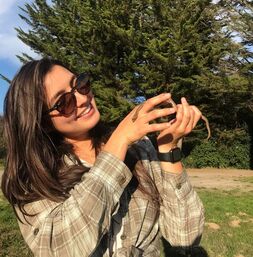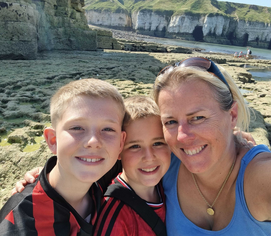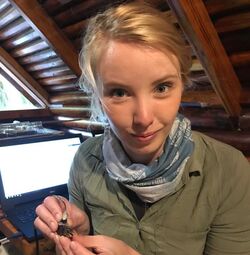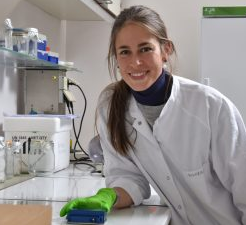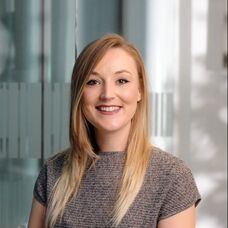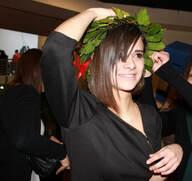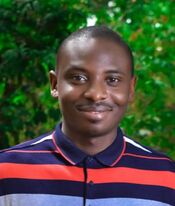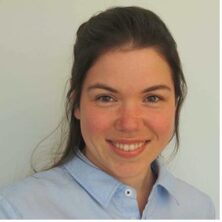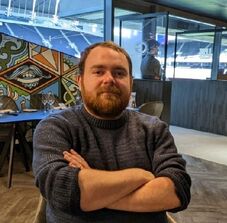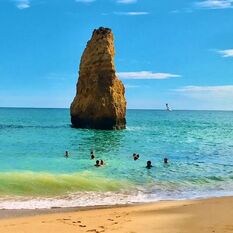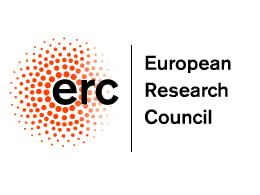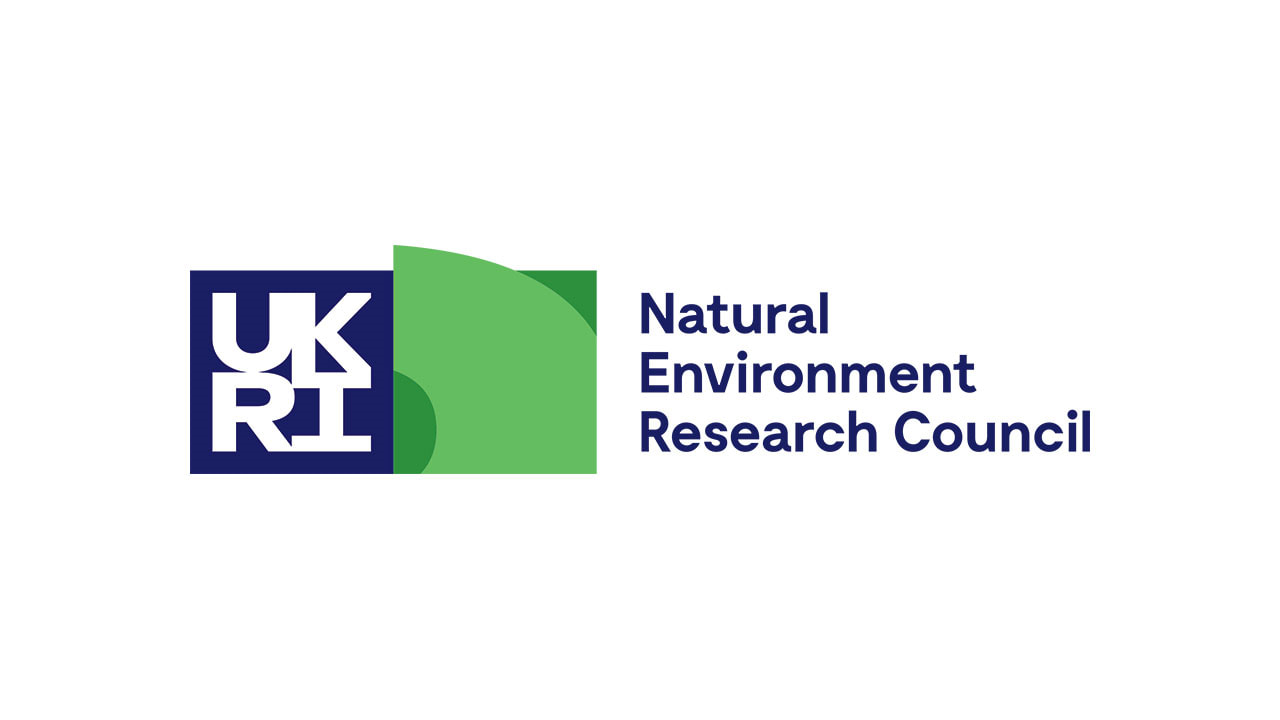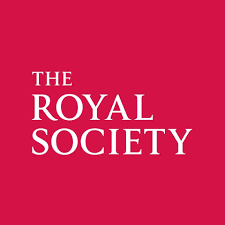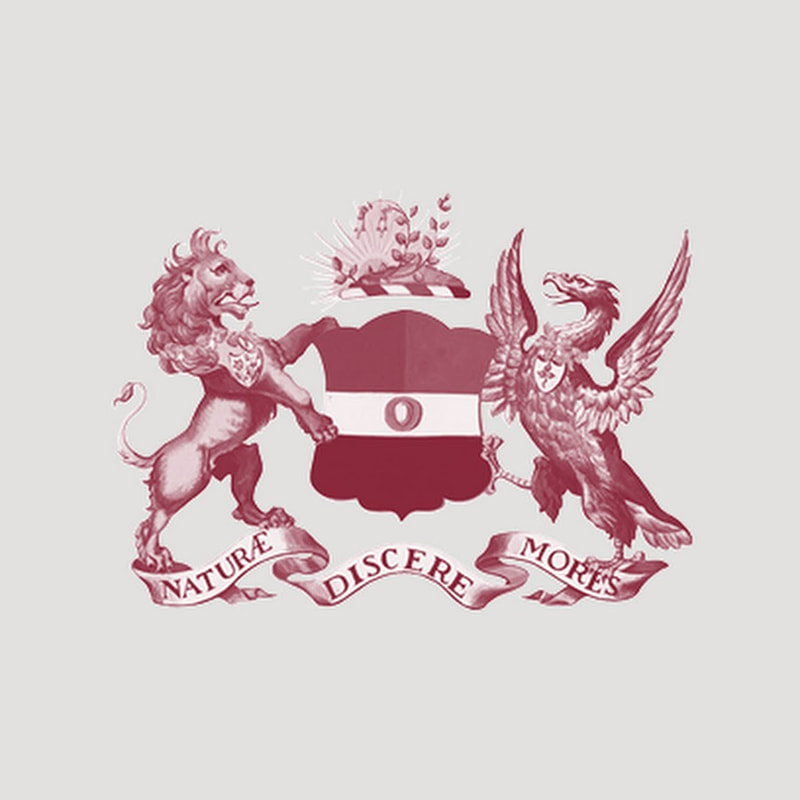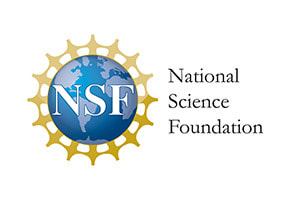ABOUT
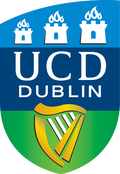
We are based at the School of Biological and Environmental Sciences at University College Dublin, Ireland. Our research focuses on the molecular response of organisms to environmental changes, at different levels of biological organisation and time scales. We apply functional and comparative genomics approaches that help us understand common vs. unique molecular responses across different groups of organisms, with ectothermic ("cold-blooded") species as models of choice.
CASSANDRA genes database Together with our latest paper in the Journal of Animal ecology, we have launched an interactive database of genes involved in climate adaptation and -stress response called CASSANDRA (ClimAte StresS and Adaptation in NonmoDel oRgAnisms). We have now set up CASSANDRA to serve as a community resource to collect information on genes with signatures of selection and stress response in response to environmental changes. Why is this useful? To better target future research into suitable climate stress biomarkers and genes which help to organismal physiology to adapt to changing climates. Wollenberg Valero, K.C., Garcia-Porta, J., Irisarri, I., Feugere, L., Bates, A., Kirchhof, S., Glavaš, O.J., Pafilis, P., Samuel, S.F., Müller, J. Vences, M., Turner, A.P., Beltran-Alvarez, P., and Storey, K.B. 2021. Functional genomics of abiotic environmental adaptation in lacertid lizards and other vertebrates. Journal of Animal Ecology, special issue: understanding Climate Change response in the age of Genomics. DOI: 10.1111/1365-2656.13617 |
News from the labJune '24. Congratulations to final year students Aideen and Eabha for completing their research projects, and a warm welcome to summer research students Lydia, Annika, Angel and Kelly.
March'22 Kat has been awarded a five-year ERC Consolidator award to study the effect of heat stress on cold-blooded animals. Still waiting for official association of the UK with Horizon Europe but in the meantime, we're very excited! (read more in blog) March '22 Adam has accepted a position at the Wellcome Sanger Institute to support the Tree of Life project. We're super proud of you! ...Also check out this newly published database of evaporative water loss in squamate reptiles: Le Galliard, J.F., et al. 2021. (Data article) |
RESEARCH
|
Multiple anthropogenic stressors
Our climate is changing, leading to diverse negative consequences for aquatic life. We are studying what exactly happens when multiple independent stressors, such as high temperature, low ocean pH, and contaminants from plastic pollution collide. Our models of choice are local marine invertebrates from Yorkshire, and we are collaborating with the National Lobster Hatchery in Cornwall and Cromarty Mussels in Scotland.
|
Environmental adaptation genomics
We are studying the genetics and the generality of adaptation and stress response to changes in the abiotic environment. Here, we use lizards as model group (for example Anolis lizards or the group of Old World lacertid lizards) but also branch out to comparing different species across the tree of life. For example, we use zebrafish embryos for solving more in-depth questions related to the underlying molecular mechanisms.
|
Climate stress feedback loops
Chemicals are the main mode of communication for aquatic animals, and they are well studied in social contexts. But what effect does climate change have on this chemical communication? We find that it may amplify the effects of climate stressors themselves. We are investigating this question in animals as diverse as zebrafish embryos, toxic red tide algae and marine invertebrates in collaboration with other research groups.
|
|
Future oceans Laboratory Natural Selection experiment
Will future oceans lead to changes in the way communities function? We are participating in a collaborative project with the University of Southampton for which we will study the permanence of such changes at the genetic level, using the marine harbour ragworm Hediste diversicolor as model organism and laboratory natural selection over several generations in current and future oceans as experimental design.
|
Frog genetic diversity & resources
Kat has worked with frogs, the most threatened group of vertebrates, since her undergraduate studies, mainly investigating the patterns and processes underlining the exceptional biodiversity of Madagascan frogs, and by wrangling large data sets. She is currently putting this knowledge to use by contributing to collaborative projects on using emerging genomic resources in amphibians for conservation purposes and to solve fundamental questions of their evolution.
|
Other projects
We also work on a range of other projects that don't fit into any of the main themes. These are exciting collaborations including evolutionary computing, education research, teaching and even public health!
|
lab members
Assoc. prof. Katharina wollenberg Valeroliam connellProject co-ordinator, MolStressH2O project
SArena banu nagoor pitchaiNERC PANORAMA DTP PhD student at the Energy and Environment Institute with Dr. Francisco Rivero at Hull York Medical School
|
Dr. megan powerPostdoctoral Fellow, MolStressH2O Project.
sofia duarte vamosPhD student, MolStressH2O project
Dr. nicky fletcherPostdoctoral Fellow, NERC functional trait expressions grant with Dr. Jasmin Godbold, Dr. Jorg Hardege, Prof. Martin Solan, and CEFAS
|
Dr. kaylee beinePostdoctoral Fellow, MolStressH2O project
Ed GilbertPhD student, NERC PANORAMA DTP, at the Energy & Environment Institute in collab with Dr. Pedro Beltran-Alvarez
Jiao liPhD student, MolStressH2O project
|
Affiliated lab members
Dr. Victoria moris |
jess hurleyPhD student, Plastics in the Environment cluster, with Dr. Jorg Hardege and Dr. Simon Morley at British Antarctic Survey
|
alumni
Dr. luana fiorella mincarelli PhD 2023, University of Hull. Delivered to🎁: Scientist, Istituto Zooprofilattico Sperimentale dell'Abruzzo e del Molise "Giuseppe Caporale"
|
Dr. lauric feugerePhD 2023, University of Hull. Delivered to🎁: Postdoctoral Researcher, University of Quebec, Rimouski
|
timothy emagbetere, MScMSc 2022, University of Hull. Delivered to🎁:PhD student, Roy C. Carver Center for Genomics, University of Iowa.
|
Dr. paula schirrmacherPhD 2023, University of Hull MolStressH2O cluster with
Dr. Jorg Hardege Dr. Christina Roggatz. Current role: Data Scientist, University of York |
Dr. adam batesPhD 2023, University of Hull Endothelial Cells cluster with Dr. Francisco Rivero. Delivered to 🎁: Research Scientist, Wellcome Sanger Institute / Tree of Life project
|
massimo bonello, MScMSc 2024. Environmental Sustainability, UCD. Distribution modelling of Ireland's only native lizard, Zootoca vivipara
|
Undergraduate alumniWe supervise final year undergraduate projects which are integrated with the current research of the lab. Our undergrads are regularly co-authoring scientific publications.
|
Aideen mcginnBSc, 2024. Nesting ecology of King Cobras in Thailand. With Ed Gilbert and Dr. Max Dolton Jones (Virginia Tech)
|
Eabha o'donnellBSc, 2024: Influence of life stage on response to changing ocean conditions. With Dr. Nicky Fletcher
|
|
Where to find us:
|
FUNDERScollaboratorsimage/photo credits photo credits: wall lizard @WolfgangHasselmann via Unsplash, Anthony F. S. Sandys - Cassandra., Franco Andreone - Boophis ulftunni; University of Florida via Dr. Ed Stanley - CT scan of Zootoca vivipara; images of small wall lizard, zebrafish, ragworm: flickr.
social media |

